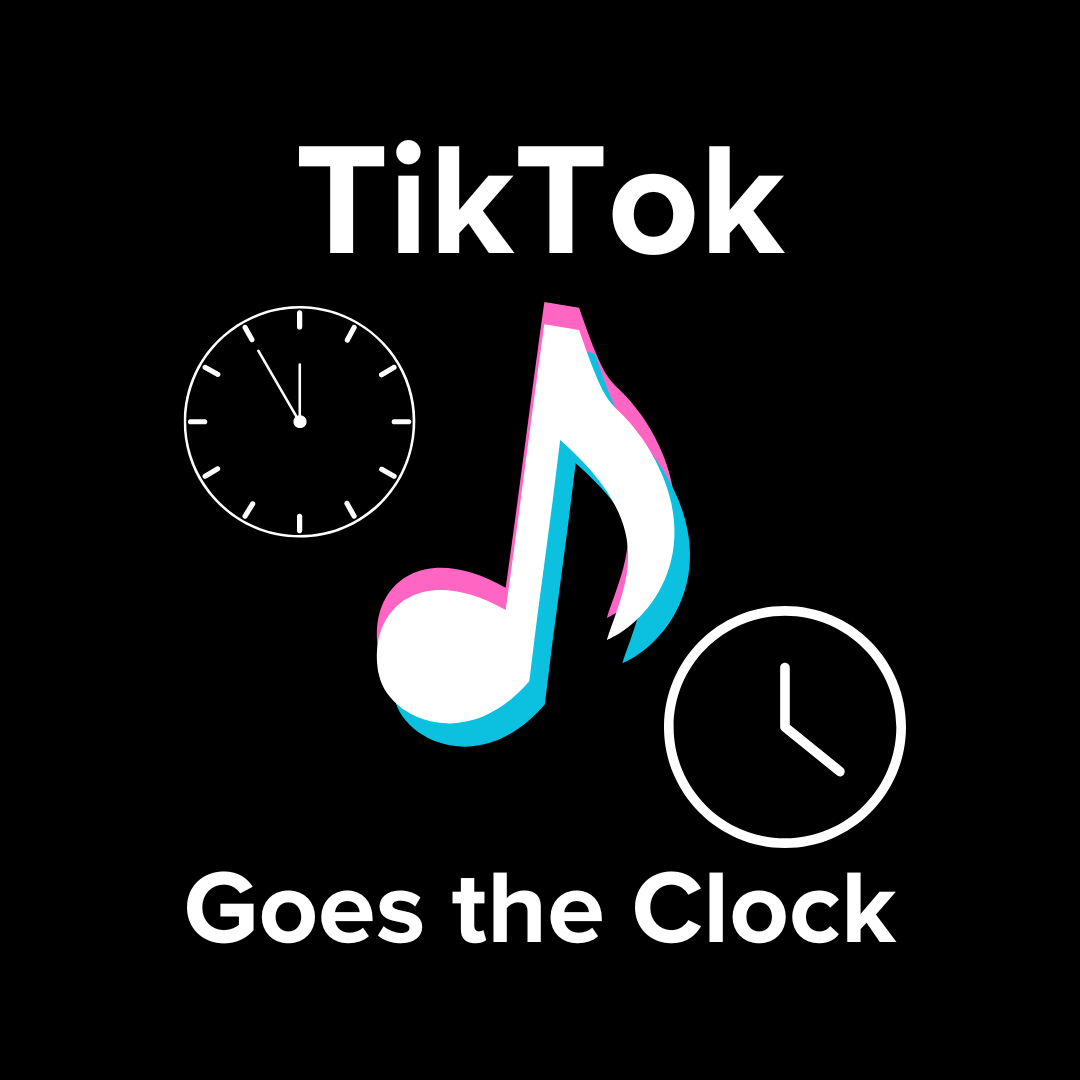With more than 170 million Americans on TikTok, it is the fourth-most-used social media platform used in the United States, behind Facebook, Instagram, and YouTube. But recently, it seems this short attention span satisfier may no longer be available in the U.S.
On April 23, the United States Senate met to ostensibly discuss foreign aid. However, the foreign aid bill that they were discussing also included legislation that will force ByteDance, TikTok’s parent company, to sell its American stake to American owners. President Biden then signed the act on April 24, officially putting this change into effect.
In an article on NewsNation, TikTok spokesperson Alex Haurek said “It is unfortunate that the House of Representatives is using the cover of important foreign and humanitarian assistance to once again jam through a ban bill. The law would trample the free speech rights of 170 million Americans, devastate seven million businesses, and shutter a platform that contributes $24 billion to the U.S. economy, annually.”
ByteDance has been given nine months to sell the American part of TikTok, with the possibility of a three-month extension if a sale is underway when that time expires. However, the Chinese government has said it will not allow any attempt for ByteDance to be forced into selling its U.S. stake.
The Chinese government’s influence on ByteDance is a main concern for the U.S. government and the reason for the passing of this anti-TikTok bill. According to an article on Axios, the Chinese government has had close ties to ByteDance, and is thought to have complete access to all information gathered on American users of the app should they request it. As a result, the FBI has posed this connection as a national security threat. They fear that the connection between China and TikTok could lead to Chinese control over U.S. software or influence of American people through the app.
TikTok’s CEO, Shou Zi Chew, has stated that he will fight to keep TikTok online in the United States.
“Rest assured, we aren’t going anywhere. We are confident and we will keep fighting for your rights in the courts. The facts and the Constitution are on our side, and we expect to prevail,” Chew stated in a two-minute video posted on TikTok’s corporate account.
For now, TikTok lives on and it remains to be seen whether or not things go according to the U.S. government’s plan.






